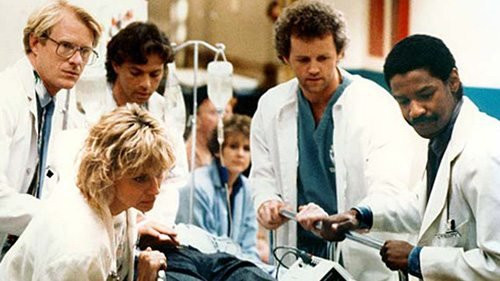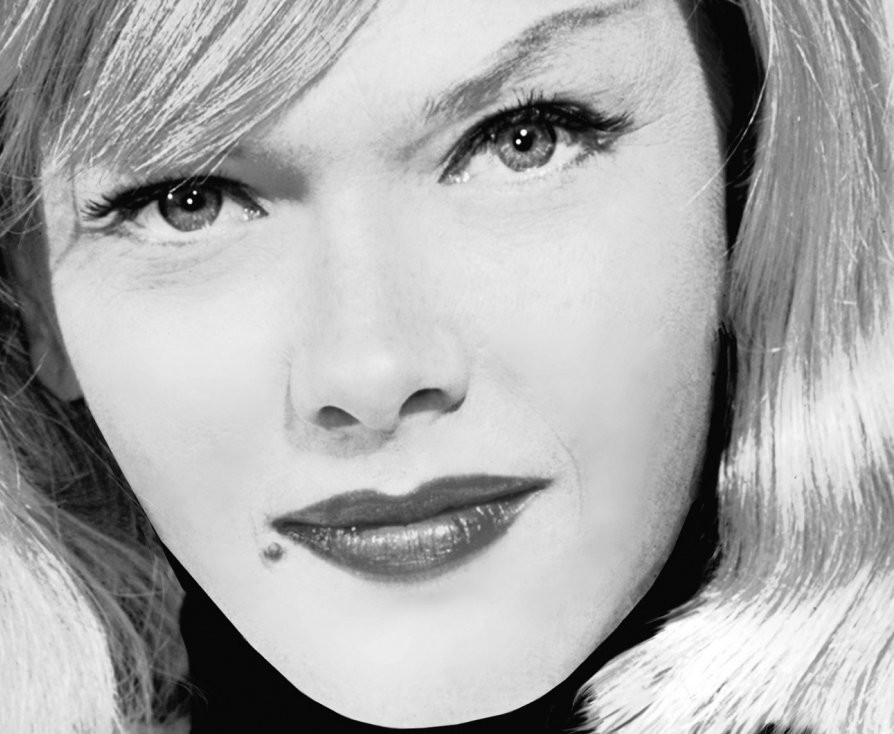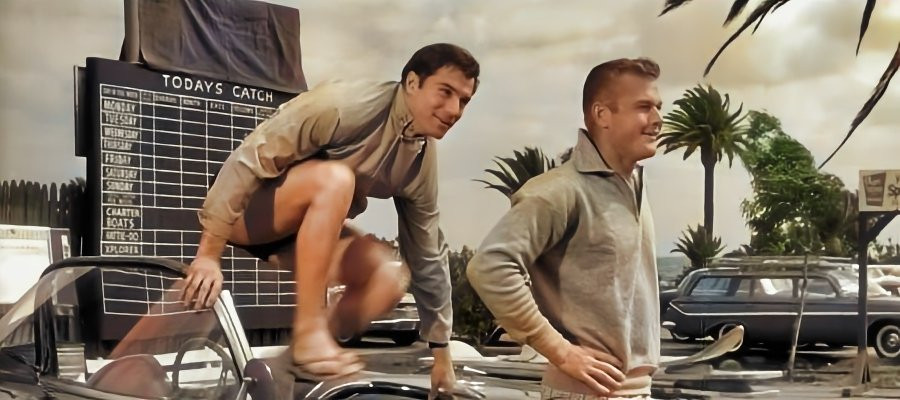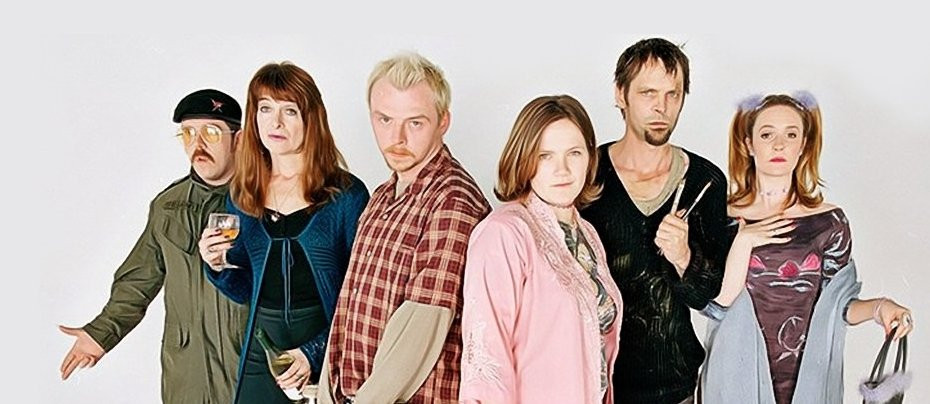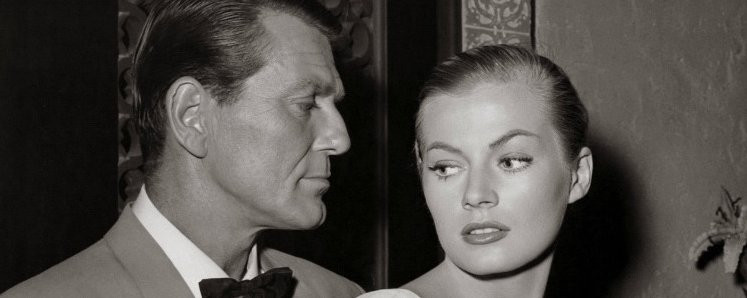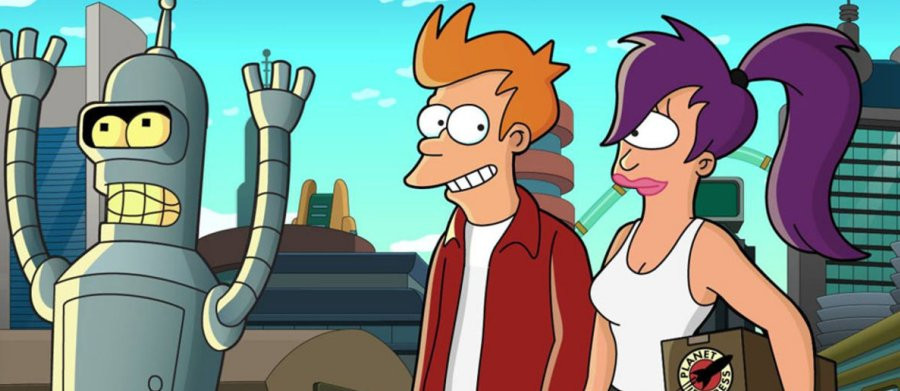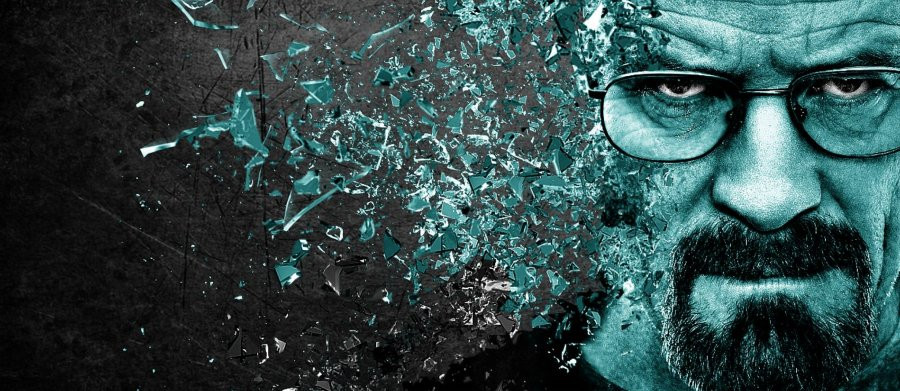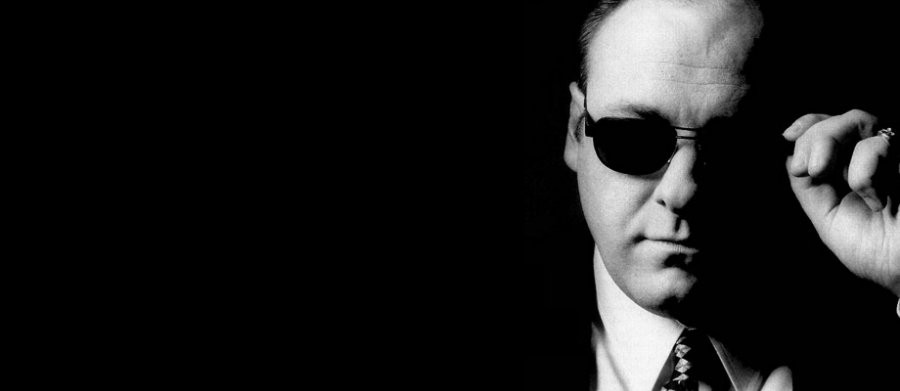
The Sopranos
1999 - United StatesThere are three American television dramas that basically rewrote the rule book for their respective generations: Hill Street Blues, The Sopranos, and The Wire.
Part of the 'Sopranos' revolution was bringing cable television's more "realistic" dialogue - and sex and violence - into the mainstream. However, its greatest influence was in characterisation. It succeeded in turning multi-dimensional, morally ambiguous characters into surprisingly sympathetic protagonists.
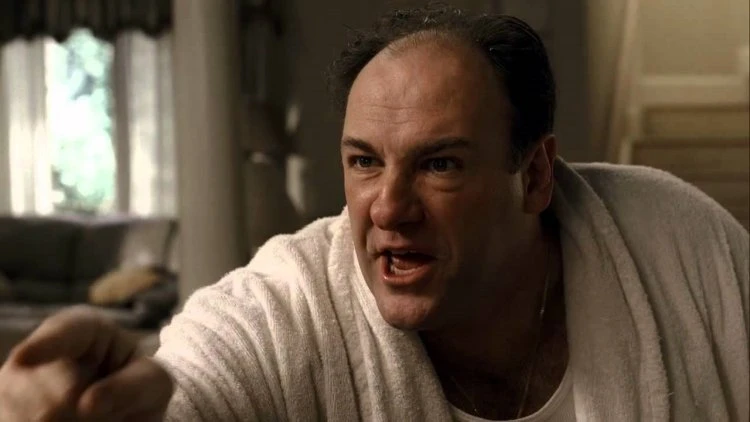
American television had anti-heroes before, loveable rogues who, nevertheless, could be relied upon to do more-or-less the right thing before the hour was up. Tony Soprano and his associates were the direct opposite: people whose company we found to be a guilty pleasure until they reminded us, brutally, that they were people we would not want in our real lives for a second.
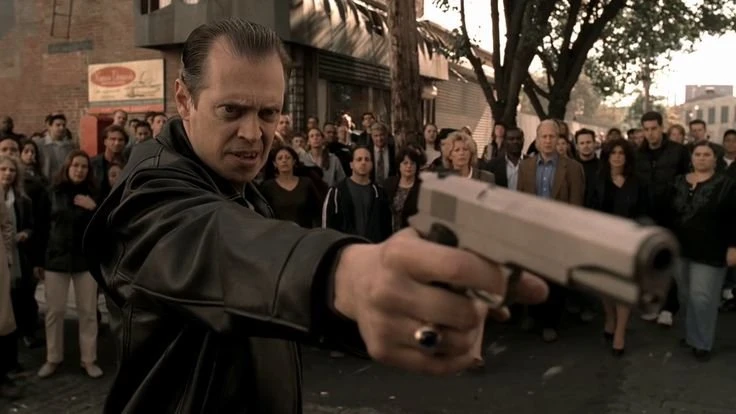
Tony, played to perfection by the late, great James Gandolfini, is a middle-aged waste management consultant who suffers anxiety attacks as he struggles to cope with his overbearing mother, his wife and children, and his business. This makes him someone to whom a lot of people might relate - except Tony's business is the Mafia.
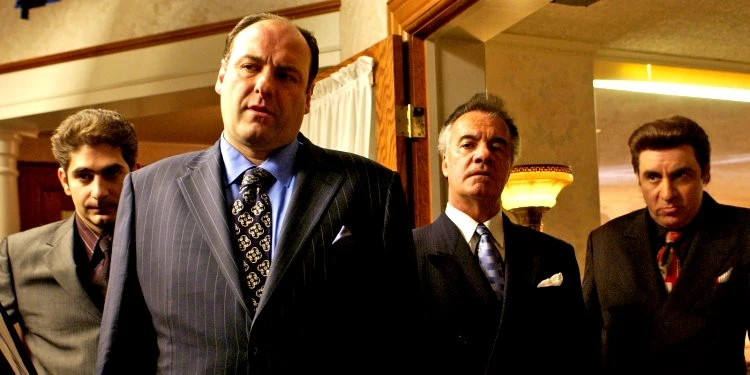
His "waste management consultant" has a double meaning. Many Mafia "families" had interests in the waste management contracts of big cities, and Tony's nominal day job, his cover story, is obviously linked to that. However, his real job as a Caporegime and Underboss, later Boss, of New Jersey's only Mafia "family" involved him in consulting on or managing "wasting" of another sort. In this sense, a lot of people get wasted in The Sopranos.
Some of them are close to Tony. Others are audience favourites. No matter. There are no exemptions in Tony's world. That is the point.
Living like this takes such a toll that Tony is forced to seek psychiatric help. This was the 90s after all. Even Robert De Niro, the Young Godfather himself, turned up for the cheque in a pair of comedy films with the same premise.
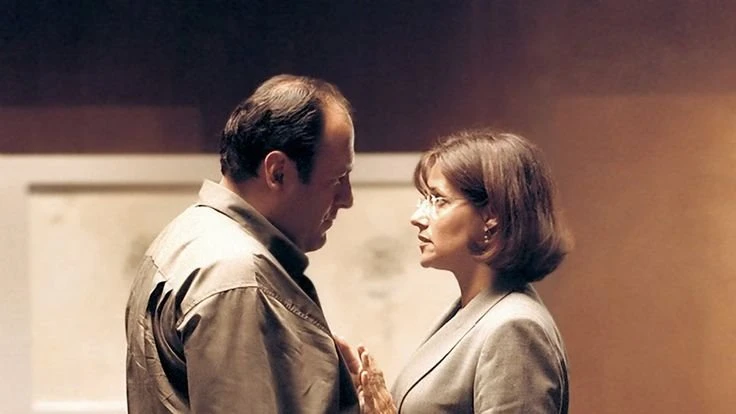
While the double act of a Don and a Shrink (played by Lorraine Bracco) was originally the hook for the series, its real greatness lies in how it develops the principal relationships of Tony's everyday life. His biological family, which overlaps with his criminal "family," is dysfunctional from the start. He feels increasingly distant from his wife and children, who nevertheless are only too happy to use his ill-gotten gains to fund their comfortable lifestyles. His professional relationships depend on apparently close friendships which can end in betrayal and sudden death in a moment.
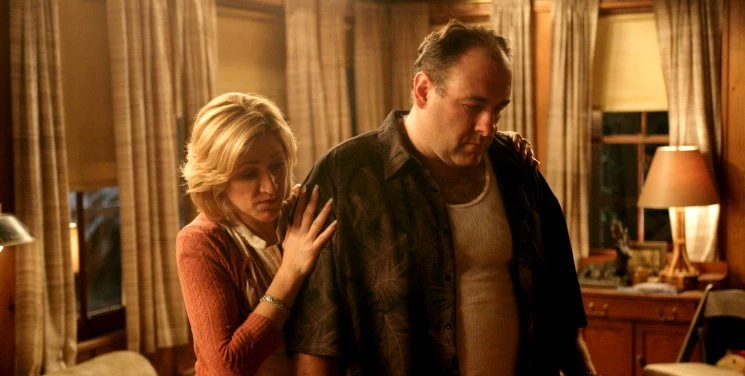
The underlying strength of The Sopranoswas its ability to switch easily between domestic drama, shocking violence, broad comedy, and genuine tragedy with astonishing speed. Tony's odd relationship with his wife, Carmela (played by Edie Falco), is a credible portrait of a strained marriage. The violence is most effective when it comes out of nowhere in the midst of what seems like normal life: a good example is when Tony takes advantage of a trip with his daughter to settle some "family business."
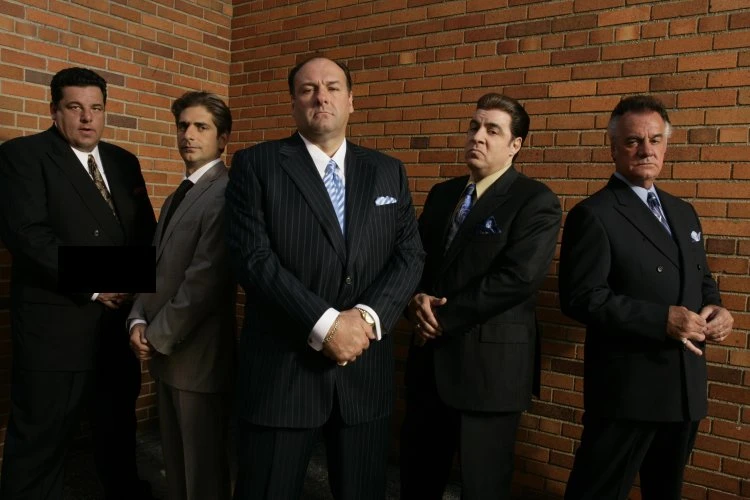
Much of the comedy comes from Tony's grotesque henchmen, notably Silvio (Steven van Zandt), Paulie "Walnuts" (Tony Sirico), and "Pussy" (Vincent Pastore), who play much the same role as some of those rather dark clown figures in Shakespeare. The tragedy is greatest in the story of Tony's "nephew" and protege Chris (Michael Imperioli) and his girlfriend, Adriana (Drea de Matteo), but the descent of Tony's scheming uncle Junior (Dominic Chianese) into dementia also turns out to be surprisingly poignant.
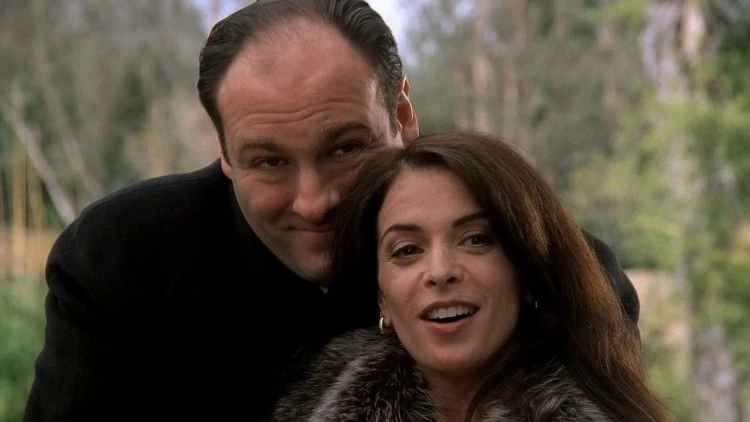
There is a strong sense of inevitability about most of the story arcs, and some individual scenes, that gives them enormous power, like Italian opera, but that also, again like Italian opera, can seem a bit artificial. This sense of the artificial is increased by The Sopranos buying into Hollywood's glamourised view of the Mafia: the de Cavalcante family, the real New Jersey mob, were later revealed as a bunch of impecunious losers who were consciously trying to model themselves on The Sopranos.
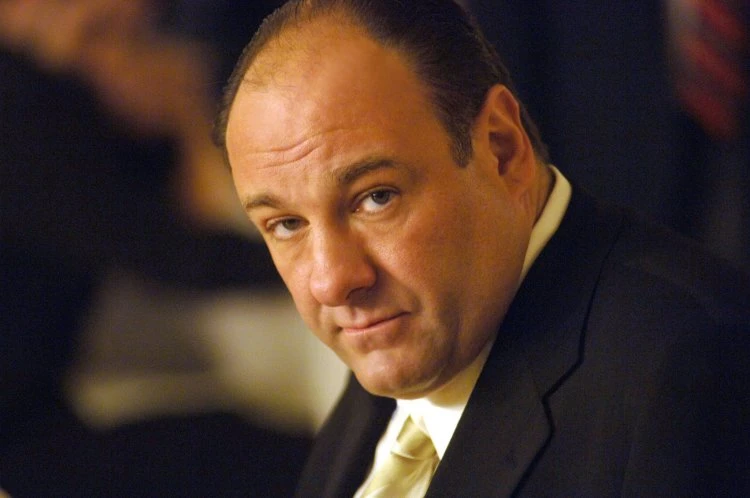
The third revolution in American television, the extension of this "realism" to plotting - so that things happen because they just do, not out of operatic necessity - and to the lifestyles of the characters, had to wait until The Wire. Meanwhile, The Sopranos remains a compelling, and still very entertaining, milestone on the way.
Seen this show? How do you rate it?
Seen this show? How do you rate it?
Published on October 16th, 2019. Written by John Winterson Richards for Television Heaven.


